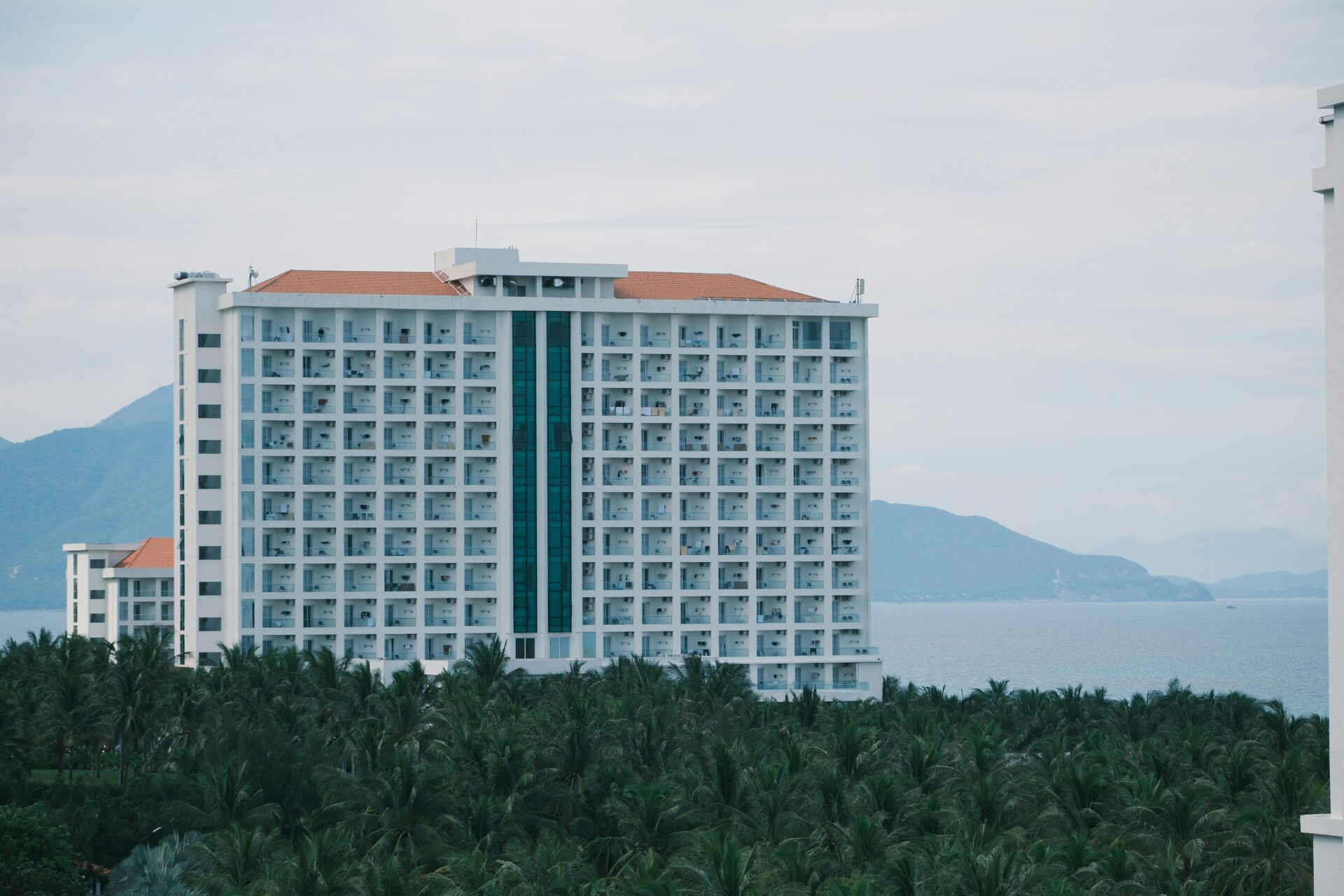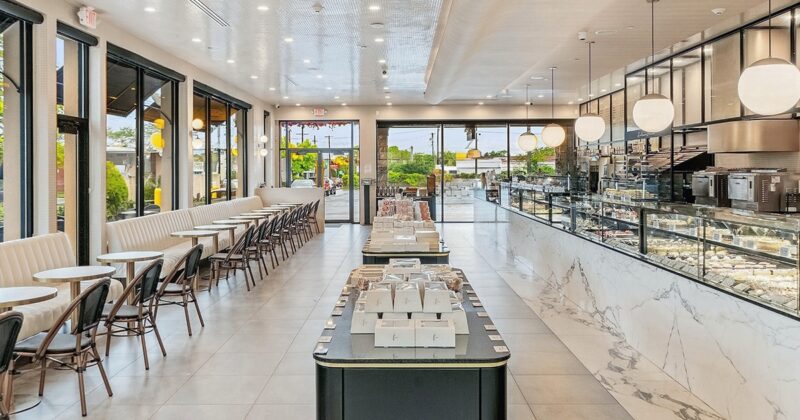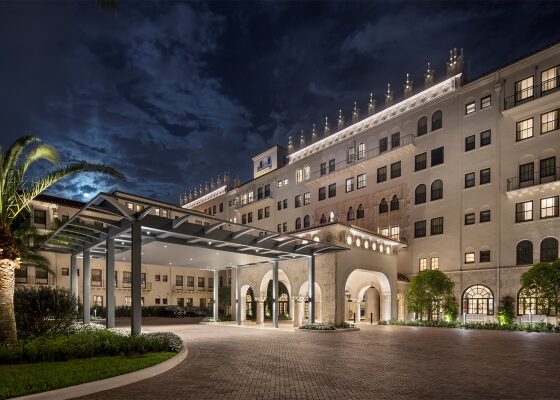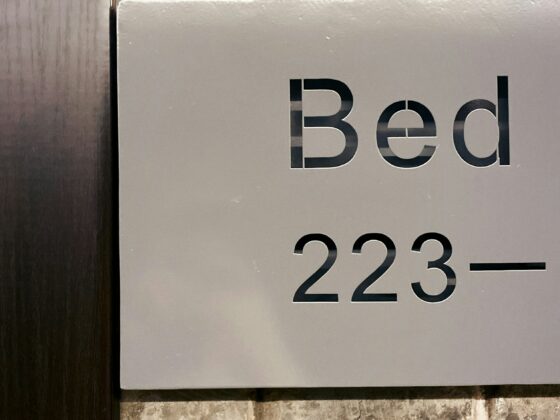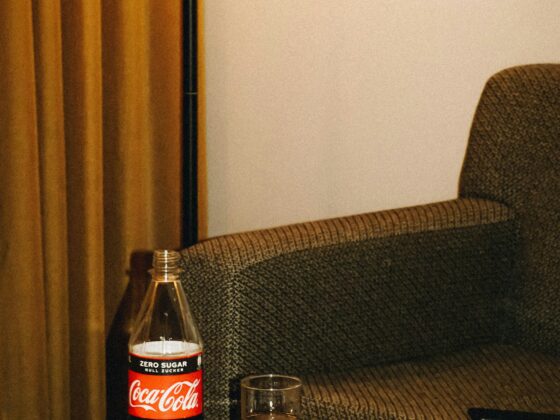
When Hospitality Net launched its first viewpoint in its recently launched Luxury GM World Panel, the focus was simple yet profound: What is the single decisive skill that separates an outstanding luxury hotel General Manager from the rest — and why?
More than 20 General Managers from leading properties around the globe responded, offering reflections that reveal not only their personal leadership philosophies but also the collective challenges shaping the luxury sector today. The answers, while diverse in language and emphasis, share a striking common ground: the conviction that leadership in luxury hospitality is about much more than operational precision. It is about people, foresight, and the ability to balance timeless hospitality values with rapid transformation.
People at the Core of Leadership
Again and again, respondents returned to one decisive truth: the GM’s ultimate responsibility lies with people. Employees, guests, owners, and partners form the ecosystem of a luxury hotel — and the GM must nurture every relationship with care.
- Yves Wencker, General Manager at Hôtel Westminster Paris, argued that the role is a constant balancing act, but that true greatness comes from “the ability to develop and retain teams.” Without motivated employees, he warned, the brand promise remains unfulfilled.
- Similarly, Judd Rabbidge of Avani+ Fares Maldives underlined that even the most beautiful property is meaningless without its people: “The simple truth is that the most important element in any luxury property is its people… without the right culture and the right team, you have nothing.”
Emotional Intelligence as a Defining Trait
One of the strongest themes to emerge from the World Panel was emotional intelligence.
- For Chintan Dadhich, Complex General Manager at Conrad New York Downtown & Tempo Times Square, emotional intelligence is the skill that enables leaders to make others feel “heard and seen, whether they are guests, team members, or partners.”
- Raj Reedoy, GM at SALT of Palmar, agreed: “Strategy, budgets, and operations matter, but they are not what guests and teams remember. What defines outstanding leadership is the ability to sense needs, respond with empathy, and create moments that feel deeply personal.”
- And for Four Seasons GM Kai Dieckmann, emotional intelligence is the antidote to an era of automation: “Technological advancement is desirable but will never substitute for the empathetic human touch.”
Strategic Vision and Alignment
Several panelists emphasized the need for strategic foresight and alignment as decisive skills.
- Vincent Monavon, GM at Palais Faraj Suites & Spa, connected foresight with empathy: anticipating market shifts, sustainability demands, and evolving guest expectations while keeping the hotel rooted in its culture and place.
- Rens Breur of Pan Pacific Perth called alignment the defining ability of modern leaders: “The skill of creating alignment — bringing people, purpose, and performance together under a shared vision — is what enables resilience when the industry shifts.”
- Patrick Jones of Tewkesbury Park described the GM as a strategist weaving together diverse business units, from F&B to wellness, into a coherent whole.
Adaptability, Creativity, and Entrepreneurial Spirit
In an industry of constant change, adaptability is non-negotiable.
- George Vlachopoulos of Six Senses La Sagesse described adaptive leadership as anticipatory rather than reactive, demanding agility across financial, operational, and emotional dimensions.
- Franck Droin of Mandarin Oriental Macau tied adaptability to humility and resilience, noting the importance of a growth mindset in unpredictable environments. He also underscored the importance of adaptability as the defining skill for today’s luxury leaders. He described the hospitality environment as inherently dynamic and unpredictable, requiring GMs to adjust seamlessly to evolving guest expectations, manage diverse teams, and respond swiftly to unforeseen circumstances. For Droin, humility is a critical differentiator in the modern era, as guests now have stronger voices through online platforms and new disruptors, from OTAs and Airbnb to fashion and lifestyle brands entering hospitality, continue to reshape the competitive landscape. To thrive, he argued, GMs must cultivate a growth mindset: embracing discomfort, setbacks, and change as opportunities to learn and grow. This resilience not only strengthens leadership but also fosters a proactive team culture where celebrating successes, learning from incidents, and acting on feedback become second nature. Ultimately, adaptability enables GMs to deliver consistently exceptional service while balancing the often competing interests of stakeholders with business acumen, measured risk-taking, and the confidence to trust their instincts.
- Erik Stuebe of InterContinental Adelaide described creativity as central to crafting transformative guest experiences in a commoditized market. Atakan Turhan of Radisson Blu Bucharest emphasized the entrepreneurial GM, one who seizes opportunities, creates new revenue streams, and drives innovation with courage.
Trust and Culture as Quiet Strengths
A final theme running through the World Panel was trust. Nicolas Chammaa of Fujairah Rotana Resort & Spa argued that the ability to build and sustain trust with owners, staff, guests, and partners is the quiet strength that underpins long-term success. Trust, he noted, is earned through fairness, transparency, and consistency — and it is what steadies teams in times of challenge.
Top 5 Takeaways from this World Panel viewpoint
- People first. Across the board, talent development and team engagement were cited as decisive skills.
- Emotional intelligence is essential. Guests and teams alike remember how they feel, not just what they receive.
- Strategic foresight matters. GMs must anticipate change while safeguarding authenticity.
- Adaptability and creativity drive relevance. Leaders who pivot and innovate boldly will define the future of luxury hospitality.
- Trust sustains excellence. Building lasting trust across all stakeholders ensures both resilience and reputation.
Closing Thoughts
The recent World Panel viewpoint on Hospitality Net underscores a critical reality: there is no single technical skill that defines today’s luxury hotel General Manager. Instead, it is a blend of emotional intelligence, cultural stewardship, strategic imagination, and above all, the ability to inspire people.
As the hospitality industry navigates shifting guest expectations, accelerating technology, and increasing financial pressures, one truth shines through from the voices of these 20 leaders: the future of luxury hospitality will be defined not by processes or systems, but by people — and by the GMs who empower them.
Read all individual viewpoints in this World Panel
We warmly invite other General Managers to join the conversation and share their own defining skill of leadership. Your voice will not only enrich the dialogue but also help shape a collective understanding of what it takes to lead in today’s ever-evolving world of luxury hospitality. Click here to submit your interest.
